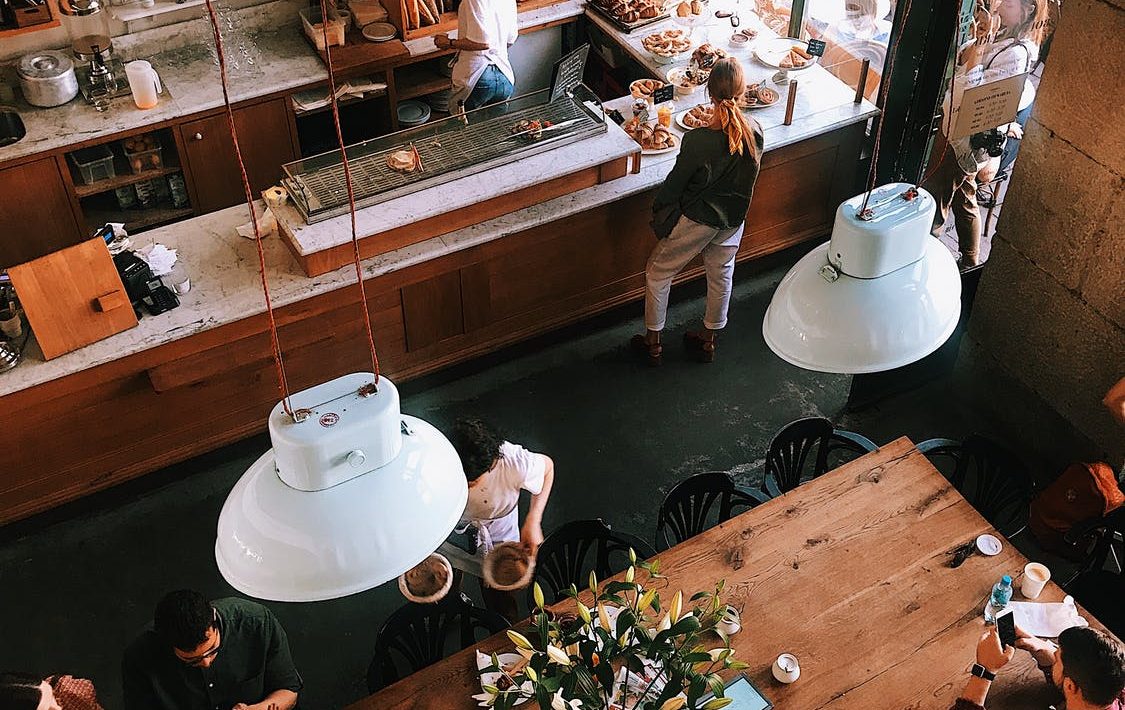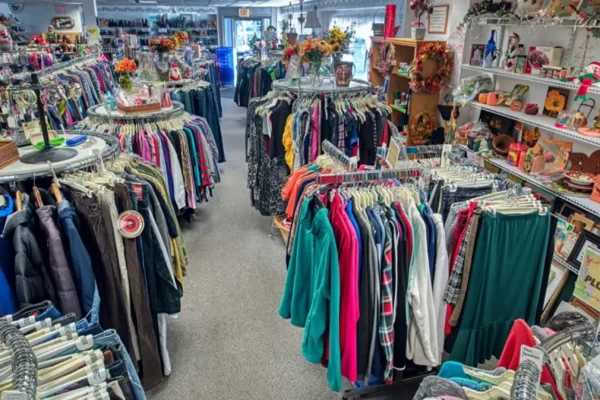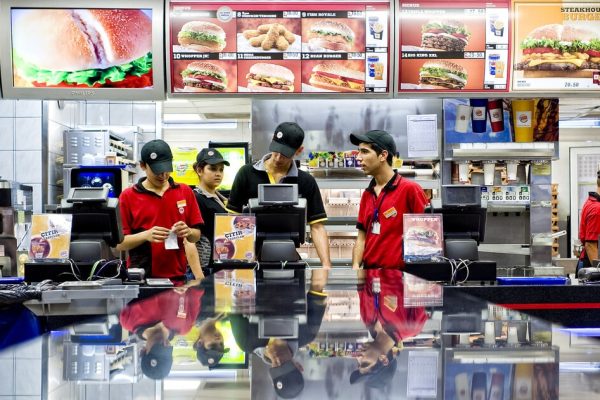Businesses all around the world are struggling to make ends and to stay afloat. Now more than ever, business owners have to come up with innovative solutions to meet customers’ demands and keep their employees, or at least a part of them. Corona crisis has affected all types of businesses and every possible field. While some companies just want to be alive by the end of this, others are seeking new opportunities.
To help you understand, what you should do as a business owner during this pandemic, we’ve gathered a few examples. Worldwide or local businesses have taken the matter into their own hands and tried to make the best out of it. Some companies are trying to help and reward their employees, while others are thinking out of the box to meet their customers’ demands (B2C). Also, we’ve seen a lot of support and mutual help between companies (B2B).
B2C approach
A great example of a business helping its customers is Everytable, a Los Angeles-based café. They launched a helpline to ensure that everyone in its market has access to healthy meals during this time. Further, to make their customers’ lives easier, restaurants have come up with the idea of selling and delivering semi-finished dishes. Brisbane’s fine-dining restaurant Alchemy has now turned into Alchemy To You, using its restaurant to make takeaway and delivery meals, but also for packing up a selection of groceries. In New York City, Junzi makes packaged stacks of ingredients such as vegetables, proteins, and toppings for their customers. On the same note, Earl’s, a popular spot with locations throughout Canada and the US offers grocery delivery and pick up.
To have something that goes well with your meal, Tess Robens, the owner of a small bar in Sydney’s inner west came up with the idea of making cocktails for delivery. Another innovative idea is coming from The Royal Hotel in Leichhardt. The hotel is now selling grocery items, including toilet paper. While in Stanmore, Six Penny restaurant will open as a “general store”. Their selection varies from cakes, cookies, homemade sourdough to bacon, and egg rolls.
While more and more restaurants have implemented a “to-go” model, Starbucks is one of them. Further, Dunkin’ is coming with the idea of offering bonus points to the client that choose delivery instead of going to their restaurant in person. Moreover, the UK food delivery app Deliveroo has launched a “no-contact drop-off service”. This provides restaurants with additional packaging and seals for orders to be left on customers’ doorsteps.
Some companies have approached the situation differently and are now focusing more on online marketing and social media. One example is The Old Brick Store. They started offering daily rundowns on social media of in-stock produce, hosting virtual pizza nights on Fridays, and curating collections of products for a pickup like “virtual happy hour kits.” Another good example that is outside the food and beverage field is the Cosmetics company Lin Qingxuan. The beauty brand redeployed its 100+ beauty advisors from those stores to become online influencers who leveraged digital tools, such as WeChat, to engage customers virtually and drive online sales. As a result, its sales in Wuhan achieved a 200% growth compared to the prior year’s sales.
Employees approach
Of course, keeping your employees satisfied is as important as keeping your customers happy. Supermarkets’ employees have been in the first line since the pandemic started and they are putting their lives at risk every day. They need to be appreciated and rewarded for this sacrifice and some companies have come up with solutions.
For example, &Pizza’s is raising hourly pay by $1 and 14 days of “health and safety pay” for their employees. John Lewis has moved staff from its closed department stores to its Waitrose supermarkets to keep its employees. While GrubSouth has recently hired 30 new drivers and added many new restaurants which created more job opportunities.
B2B approach
Seeing businesses support each other in these times of crisis has been great and uplifting. “We are stronger together” has got a new meaning and business owner understood that now we have to stay united to overcome this pandemic. A good example of helping each other is given by UberEats and DoorDash. These two have waived commissions fees for independent restaurants’ partners. Also, the Chinese e-commerce giant JD.com is using unmanned vehicles to deliver food and medical supplies to those in need.
In the end, we can say that the key to overcoming this crisis is to adapt. Don’t be afraid of change and more important, get out of your comfort zone. There, you might find opportunities that will help your business boom even in these tough times. Unfortunately, not for everyone will work, but we need to work together and to help each other now more than ever. If as a client, you have the opportunity of helping a local business or any other type, do it and we are sure that you won’t regret it no matter the outcome.





